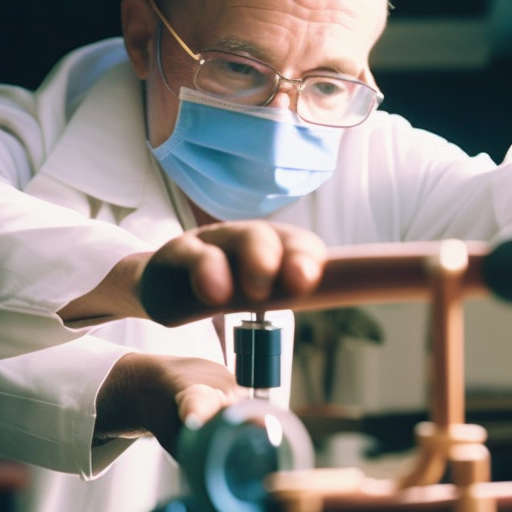Summary:
Organ transplantation is a medical procedure that involves the removal of a healthy organ from a donor and its transplantation into a recipient who has a failing or damaged organ. This life-saving procedure has become increasingly successful over the years, thanks to advancements in surgical techniques, immunosuppressive drugs, and organ preservation methods. However, the demand for organs far exceeds the supply, leading to long waiting lists and a significant shortage of available organs.
Types of Organ Transplants:
There are several types of organ transplants, including heart, lung, liver, kidney, pancreas, and intestine transplants. Each type of transplant has its own unique challenges and considerations. For example, heart and lung transplants require a close match between the donor and recipient due to the complex nature of these organs. Kidney transplants, on the other hand, can be performed from a living donor or a deceased donor, and the success rates for kidney transplants are generally higher compared to other types of transplants.
Organ Donation:
Organ donation can occur either from a living donor or a deceased donor. Living donors can donate a kidney, a portion of their liver, or a lobe of their lung. Deceased donors can donate multiple organs, including the heart, lungs, liver, kidneys, pancreas, and intestines. It is important for individuals to express their wishes regarding organ donation to their families and to register as organ donors to increase the availability of organs for transplantation.
Matching and Compatibility:
For a successful organ transplant, it is crucial to match the donor organ with the recipient as closely as possible. Compatibility is determined by several factors, including blood type, tissue type, and the presence of antibodies in the recipient’s blood. The closer the match, the lower the risk of rejection. In some cases, a cross-match test is performed to determine if the recipient has pre-existing antibodies that may lead to rejection of the transplanted organ.
Immunosuppression:
After a transplant, recipients are required to take immunosuppressive drugs to prevent their immune system from rejecting the transplanted organ. These drugs suppress the immune response, reducing the risk of rejection. However, long-term use of immunosuppressive drugs can have side effects and increase the risk of infections. Researchers are continually working on developing new strategies to minimize the need for immunosuppression and improve long-term outcomes for transplant recipients.
Challenges and Future Directions:
One of the major challenges in organ transplantation is the shortage of available organs. This has led to the exploration of alternative approaches, such as xenotransplantation (transplanting organs from animals) and the development of artificial organs. Additionally, advancements in tissue engineering and regenerative medicine hold promise for growing organs in the laboratory using a patient’s own cells, eliminating the need for donor organs and the risk of rejection.
In conclusion, organ transplantation is a life-saving procedure that has significantly improved over the years. However, the demand for organs far exceeds the supply, leading to long waiting lists and a shortage of available organs. Organ donation, matching and compatibility, immunosuppression, and ongoing research into alternative approaches are all crucial aspects of organ transplantation. Continued advancements in this field have the potential to save countless lives and improve the quality of life for transplant recipients.












